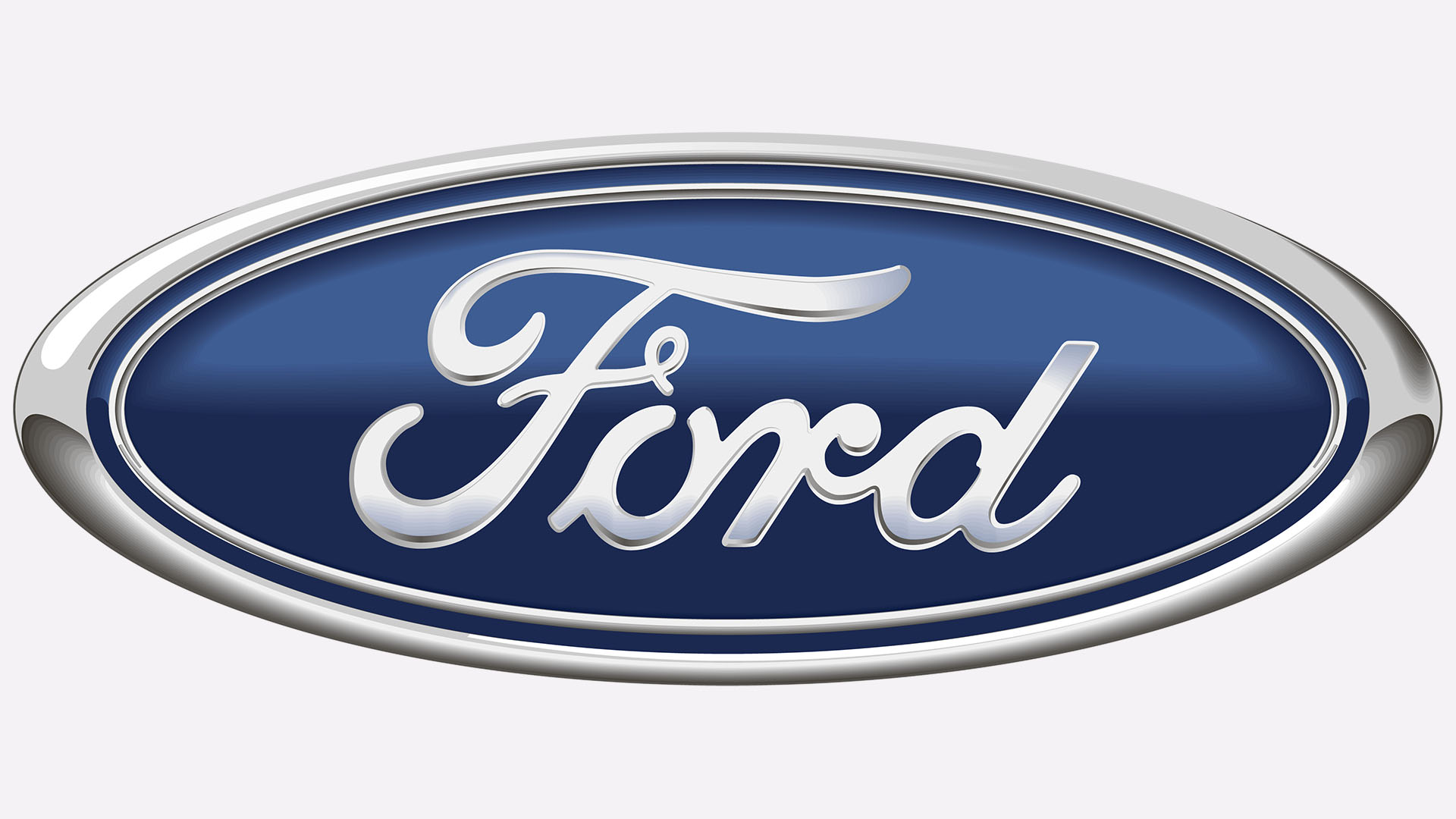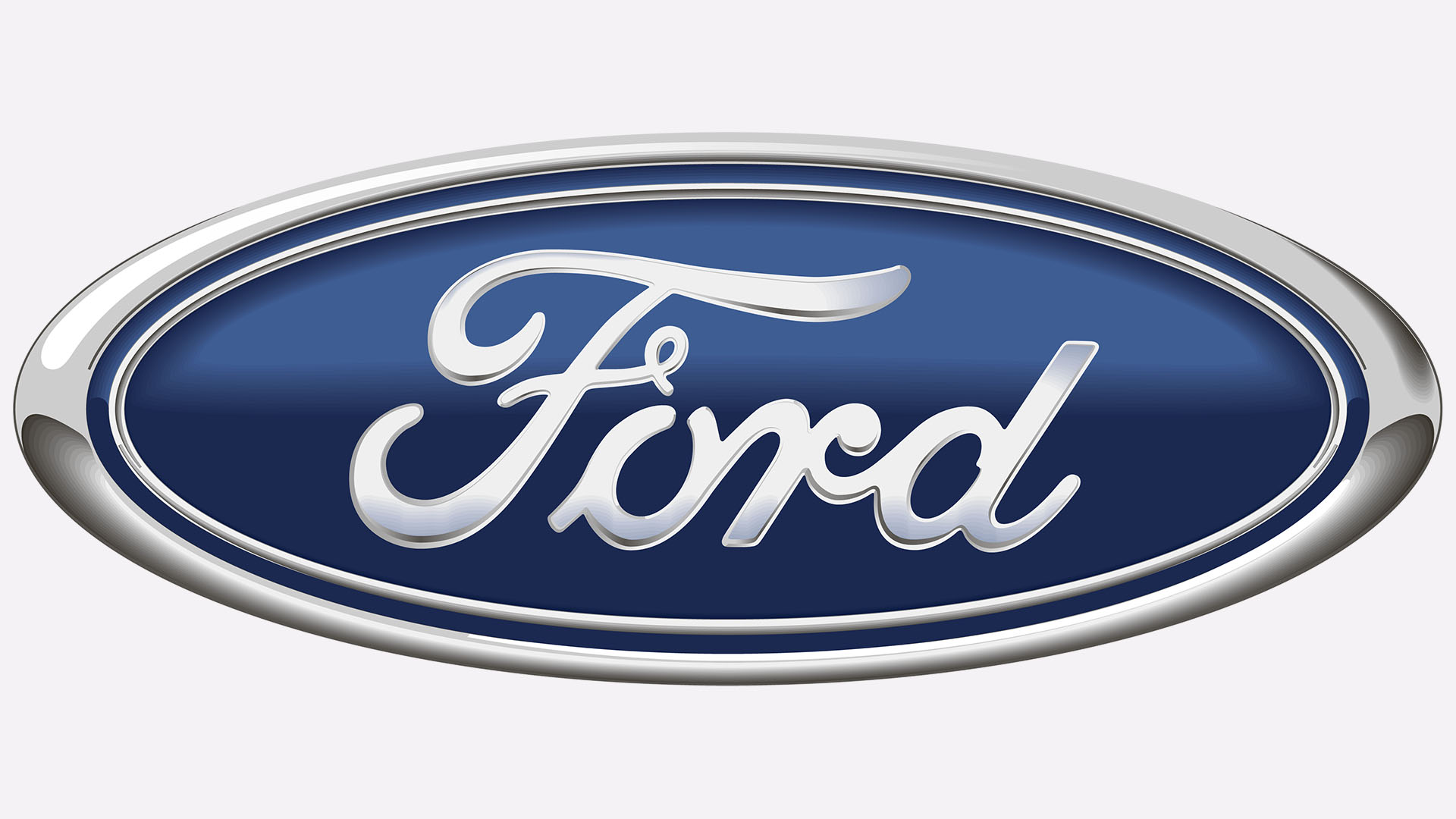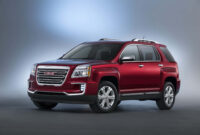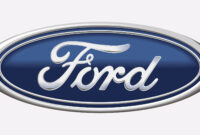Ford Hybrid Trucks For Sale: Power, Efficiency, and Versatility Combined sale.truckstrend.com
The automotive landscape is undergoing a significant transformation, with a growing emphasis on sustainability and efficiency without compromising capability. In the realm of pickup trucks, a segment traditionally dominated by large V8 engines and thirst for fuel, Ford has emerged as a trailblazer, redefining expectations with its innovative line of hybrid trucks. For sale across dealerships nationwide, these hybrid workhorses offer a compelling blend of power, unparalleled fuel efficiency, and a host of smart features, making them an increasingly popular choice for a diverse range of buyers. Whether you’re a contractor needing mobile power, an adventurer seeking lower emissions, or a daily driver looking to save at the pump, Ford’s hybrid truck offerings present a sophisticated solution that balances performance with environmental consciousness. This comprehensive guide will delve into everything you need to know about Ford hybrid trucks for sale, helping you navigate your options and make an informed decision.
Ford Hybrid Trucks For Sale: Power, Efficiency, and Versatility Combined
The Hybrid Revolution: Why Ford Leads the Charge
For decades, pickup trucks have been synonymous with raw power and rugged utility. However, as fuel prices fluctuate and environmental concerns grow, the demand for more efficient alternatives has surged. Ford, a company with a rich history of truck manufacturing, responded by integrating advanced hybrid technology into its most popular models. This strategic move not only enhances fuel economy but also introduces innovative functionalities that were previously unavailable in traditional gasoline-powered trucks.
Ford’s approach to hybridization in trucks is distinct, focusing on two key models that cater to different needs: the full-size F-150 PowerBoost and the compact Maverick Hybrid. These vehicles are designed from the ground up to leverage the benefits of electric motor assistance, providing instantaneous torque, impressive towing capabilities, and a remarkable improvement in fuel efficiency compared to their conventional counterparts. This commitment positions Ford at the forefront of the hybrid truck segment, offering practical, capable, and eco-friendlier options for the modern truck buyer.
Unpacking Ford’s Hybrid Truck Technology
Ford’s hybrid truck offerings utilize sophisticated powertrain systems engineered for both performance and efficiency. While the underlying principle of combining a gasoline engine with an electric motor and battery pack is similar, the application differs slightly between the F-150 and the Maverick.
Ford F-150 PowerBoost Hybrid
The F-150 PowerBoost features a 3.5-liter EcoBoost V6 engine paired with a 35 kW (47 hp) electric motor integrated into the 10-speed automatic transmission. This full hybrid system can operate in electric-only mode at low speeds, combine power for maximum output, or use regenerative braking to recharge the 1.5 kWh lithium-ion battery. The synergy results in a combined output of 430 horsepower and 570 lb-ft of torque, making it the most powerful F-150 outside of the Raptor and Lightning.

A standout feature of the PowerBoost is the Pro Power Onboard system, which transforms the truck into a mobile generator. Available in 2.0 kW, 2.4 kW, and an impressive 7.2 kW outputs, this system allows owners to power tools, appliances, or even an entire campsite directly from their truck bed, eliminating the need for a separate generator. This utility alone makes the F-150 PowerBoost incredibly valuable for professionals and outdoor enthusiasts.
Ford Maverick Hybrid
The Maverick Hybrid, Ford’s compact pickup, takes a different approach, prioritizing maximum fuel efficiency. It employs a 2.5-liter Atkinson-cycle four-cylinder engine combined with an electric motor, delivering a combined 191 horsepower. Power is sent to the front wheels via a continuously variable transmission (CVT). Unlike the F-150 PowerBoost, the Maverick Hybrid is designed primarily for urban driving and light-duty hauling, achieving exceptional fuel economy figures that rival many compact sedans. Its self-charging hybrid system means no plug-in is required, making it as convenient as a traditional gasoline vehicle.
The Multifaceted Benefits of Owning a Ford Hybrid Truck
Opting for a Ford hybrid truck brings a multitude of advantages that extend beyond just fuel savings.
- Exceptional Fuel Efficiency: This is perhaps the most significant draw. The F-150 PowerBoost offers an EPA-estimated 25 MPG combined, a remarkable improvement for a full-size truck. The Maverick Hybrid pushes the boundaries further with an astounding EPA-estimated 37 MPG combined, making it one of the most fuel-efficient trucks on the market.
- Uncompromised Power and Performance: Despite their focus on efficiency, Ford’s hybrid trucks do not sacrifice capability. The F-150 PowerBoost boasts a maximum towing capacity of 12,700 pounds and a payload of 2,120 pounds, rivaling its gasoline-only counterparts. The Maverick Hybrid, while smaller, still offers a respectable 2,000-pound towing capacity and a 1,500-pound payload, perfectly suited for weekend projects or outdoor gear.
- Integrated Mobile Power (Pro Power Onboard): Exclusive to the F-150 PowerBoost, this feature is a game-changer. Imagine powering your entire job site with electric tools, running a refrigerator at a remote cabin, or even using your truck as a backup power source during an outage. The 7.2 kW system can power an average home for several days.
- Reduced Environmental Impact: By consuming less fuel and emitting fewer greenhouse gases, hybrid trucks contribute to a cleaner environment, aligning with growing consumer desire for more sustainable transportation.
- Instant Torque: Electric motors deliver immediate torque, which translates to quicker acceleration from a standstill and improved responsiveness, particularly noticeable when hauling or towing.
- Potential for Higher Resale Value: As hybrid technology becomes more mainstream and desirable, these trucks may command a higher resale value due to their efficiency and advanced features.
Choosing Your Ideal Ford Hybrid Truck: F-150 PowerBoost vs. Maverick Hybrid
The decision between the F-150 PowerBoost and the Maverick Hybrid largely depends on your specific needs, lifestyle, and budget.
Ford F-150 PowerBoost: For the Demanding User
Who it’s for: This is the truck for those who need full-size capability but want to minimize fuel consumption. Contractors, tradespeople, serious towers of boats or RVs, large families, and individuals who frequently need mobile power for work or recreation will find the F-150 PowerBoost indispensable.
Key Considerations:
- Towing & Payload: Top-tier capability for a hybrid.
- Pro Power Onboard: Essential for those needing significant portable power.
- Space & Comfort: Full-size cabin with ample room for passengers and gear.
- Price: Generally a premium over gasoline-only F-150s, but the fuel savings and generator functionality can offset this.
Ford Maverick Hybrid: For the Urban Adventurer and Everyday Efficiency
Who it’s for: The Maverick Hybrid is perfect for urban dwellers, first-time truck buyers, college students, and anyone seeking a highly fuel-efficient vehicle with the versatility of an open bed. It’s an excellent alternative to a sedan or SUV for those who occasionally need to haul gardening supplies, bikes, or furniture.
Key Considerations:
- Fuel Economy: Class-leading for a pickup truck.
- Maneuverability: Compact size makes it easy to park and navigate city streets.
- Affordability: One of the most budget-friendly new trucks on the market.
- Practicality: While smaller, the FlexBed system offers surprising utility.
- Drivetrain: Front-wheel drive only for the hybrid (AWD available on EcoBoost gas models).
Navigating the Purchase: Tips for Buying a Ford Hybrid Truck
The process of buying a Ford hybrid truck is similar to purchasing any new vehicle, but with a few unique considerations.
- Research Thoroughly: Understand the different trim levels, available packages, and features for both the F-150 PowerBoost and Maverick Hybrid. Read reviews from reputable automotive publications and current owners.
- Prioritize Your Needs: Determine your primary use case. Do you need maximum towing, or is fuel economy your top priority? This will guide you toward the F-150 or Maverick.
- Test Drive Both Models (If Possible): Experience the driving dynamics, power delivery, and interior comfort of both trucks. Pay attention to how the hybrid system transitions between gasoline and electric power.
- Assess Availability: Ford hybrid trucks, especially the Maverick Hybrid, can be in high demand. Be prepared for potential wait times or limited inventory. Consider pre-ordering or placing a deposit.
- Explore Financing and Incentives: Inquire about current financing rates, lease options, and any regional or federal incentives for hybrid vehicles.
- Consider the Total Cost of Ownership: While the upfront cost might be slightly higher for a hybrid, factor in long-term fuel savings, potential maintenance differences, and projected resale value.
- Check Used Market (Maverick is Newer): For the F-150 PowerBoost, a used market is emerging. Inspect service records, battery health (if possible), and overall condition. For the Maverick Hybrid, used options will be scarcer due to its recent introduction.
Important Considerations and What to Expect
Before committing to a Ford hybrid truck, keep the following in mind:
- Upfront Cost: Hybrid models typically have a higher MSRP than their gasoline-only equivalents due to the added technology. However, the fuel savings and added utility (like Pro Power Onboard) often justify this premium over the vehicle’s lifespan.
- Maintenance: While hybrid systems are generally reliable, they do involve more components. Regular maintenance is crucial. The battery packs are designed to last the life of the vehicle, often covered by a separate, extended warranty (e.g., 8 years/100,000 miles).
- No Plug-in Required: It’s important to clarify that neither the F-150 PowerBoost nor the Maverick Hybrid are plug-in hybrids (PHEVs). They are "self-charging" hybrids, meaning the battery recharges through regenerative braking and the gasoline engine, eliminating the need for external charging.
- Weight Distribution: The added weight of the battery pack can slightly alter the vehicle’s weight distribution, though Ford engineers account for this in the suspension tuning.
- Driving Experience: The transition between electric and gasoline power is generally smooth, but some drivers might notice it, especially at lower speeds.
Maximizing Your Ford Hybrid Truck Ownership
To get the most out of your Ford hybrid truck:
- Practice Efficient Driving: Smooth acceleration and gradual braking maximize the benefits of the hybrid system and regenerative charging. Avoid aggressive driving.
- Utilize Pro Power Onboard Wisely (F-150): Understand the power limits and use it effectively for work or recreation. Avoid overloading the system.
- Stay Up-to-Date on Software: Ford frequently releases over-the-air (OTA) updates that can improve performance, efficiency, and add new features.
- Follow Maintenance Schedule: Adhere to the recommended service intervals to ensure the longevity of both the gasoline engine and the hybrid components.
Ford Hybrid Trucks For Sale: Representative Price Table (New Models)
Please note: Prices are Manufacturer’s Suggested Retail Price (MSRP) and can vary significantly based on trim level, optional features, packages, dealer markups, location, and current market conditions. Used prices will depend on mileage, condition, and age.
| Model | Hybrid System | Starting MSRP (Approx. Range) | Key Features / Notes |
|---|---|---|---|
| Ford Maverick Hybrid | 2.5L Atkinson I4 + Electric | $23,815 – $30,000+ | FWD only, Exceptional MPG, Compact size, Affordable. |
| Ford F-150 PowerBoost | 3.5L EcoBoost V6 + Electric | $50,000 – $80,000+ | Full-size capability, Pro Power Onboard (up to 7.2 kW), High towing capacity, 4×2/4×4 options. |
- Note: These prices are for base hybrid models and do not include destination fees, taxes, or dealer-installed options. Higher trim levels (e.g., Lariat, Platinum, King Ranch for F-150) will significantly increase the price.
Frequently Asked Questions (FAQ) about Ford Hybrid Trucks For Sale
Q1: Do Ford hybrid trucks need to be plugged in to charge?
A1: No, neither the F-150 PowerBoost nor the Maverick Hybrid are plug-in hybrids. They are "self-charging" hybrids, meaning their battery recharges automatically through regenerative braking (capturing energy during deceleration) and the gasoline engine.
Q2: Are Ford hybrid trucks reliable?
A2: Ford’s hybrid technology has proven to be reliable. The F-150 PowerBoost uses a robust electric motor and battery system designed to withstand truck demands. The Maverick Hybrid utilizes a proven Atkinson-cycle engine and hybrid setup. Both come with standard Ford warranties, and the hybrid components often have extended warranties (e.g., 8 years/100,000 miles).
Q3: What is the towing capacity of Ford hybrid trucks?
A3: The Ford F-150 PowerBoost boasts an impressive maximum towing capacity of up to 12,700 pounds (depending on configuration). The Ford Maverick Hybrid has a standard towing capacity of 2,000 pounds, with an optional 4,000-pound package for the EcoBoost gasoline engine (not the hybrid).
Q4: How much better is the fuel economy of Ford hybrid trucks compared to their gasoline counterparts?
A4: Significantly better. The F-150 PowerBoost achieves an EPA-estimated 25 MPG combined, a notable improvement over standard V6 or V8 F-150s (which range from 18-22 MPG combined). The Maverick Hybrid achieves an exceptional 37 MPG combined, far surpassing any other compact truck.
Q5: What is Pro Power Onboard and is it available on both hybrid trucks?
A5: Pro Power Onboard is an integrated generator system that allows the truck to power tools, appliances, and more. It is only available on the Ford F-150 PowerBoost Hybrid, with outputs ranging from 2.0 kW to a powerful 7.2 kW. The Maverick Hybrid does not offer this feature.
Q6: Are Ford hybrid trucks good for off-roading?
A6: The F-150 PowerBoost is available with 4×4 and off-road packages (like the FX4), making it very capable off-road. The Maverick Hybrid is FWD only, limiting its serious off-road capabilities, though it can handle light trails. For more rugged off-roading in the Maverick, the EcoBoost gasoline engine with AWD is the preferred choice.
Q7: Is the higher upfront cost of a hybrid truck worth it?
A7: For many, yes. The long-term fuel savings, reduced environmental impact, and added utility (especially with the F-150’s Pro Power Onboard) can offset the initial price difference. Calculate your estimated fuel savings based on your driving habits to see if it makes financial sense for you.
Conclusion: The Future of Trucks is Hybrid
Ford’s hybrid trucks represent a pivotal moment in the evolution of the pickup segment. By seamlessly integrating advanced hybrid technology, the F-150 PowerBoost and Maverick Hybrid offer a compelling proposition that caters to a wide spectrum of needs. From the F-150’s robust power and revolutionary Pro Power Onboard system to the Maverick’s groundbreaking fuel efficiency and urban versatility, Ford has proven that capability and sustainability can indeed coexist.
For sale today, these vehicles are more than just trucks; they are versatile tools designed for the modern world, empowering owners to work smarter, travel further, and reduce their environmental footprint, all while maintaining the rugged dependability Ford trucks are known for. As the demand for efficient yet capable vehicles continues to grow, Ford’s hybrid trucks stand out as intelligent, forward-thinking choices that are ready to tackle whatever lies ahead.



